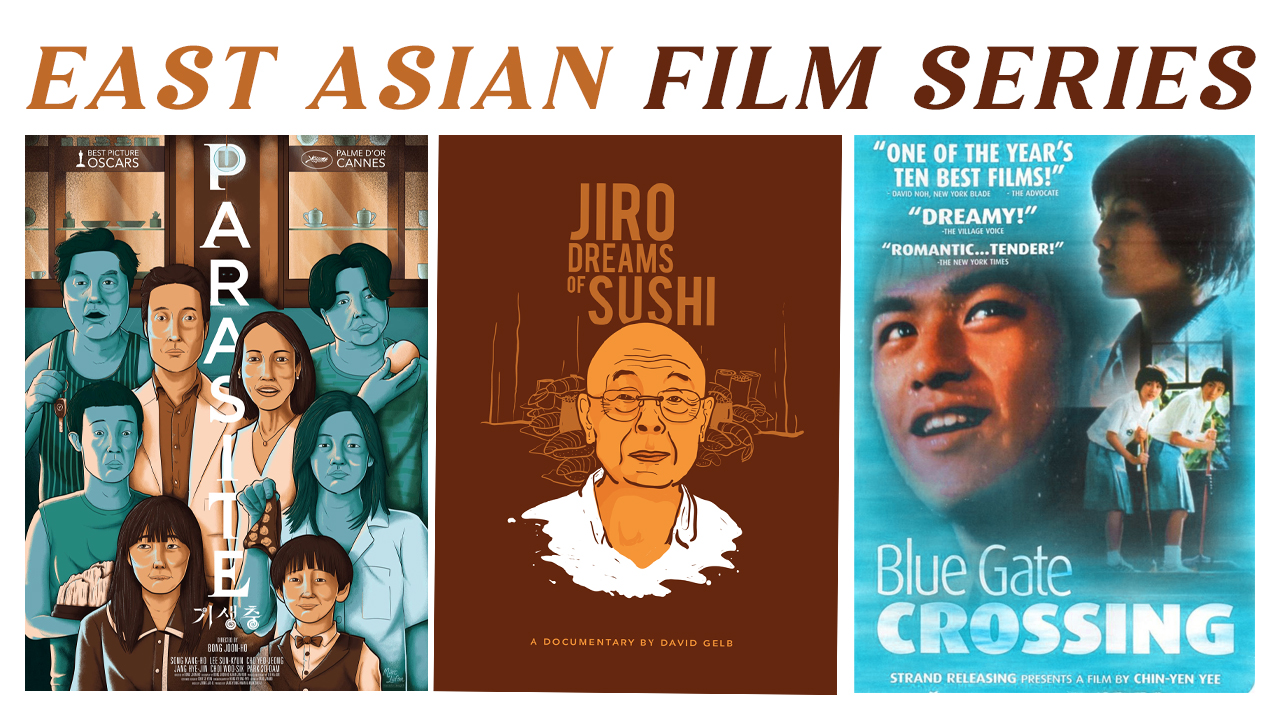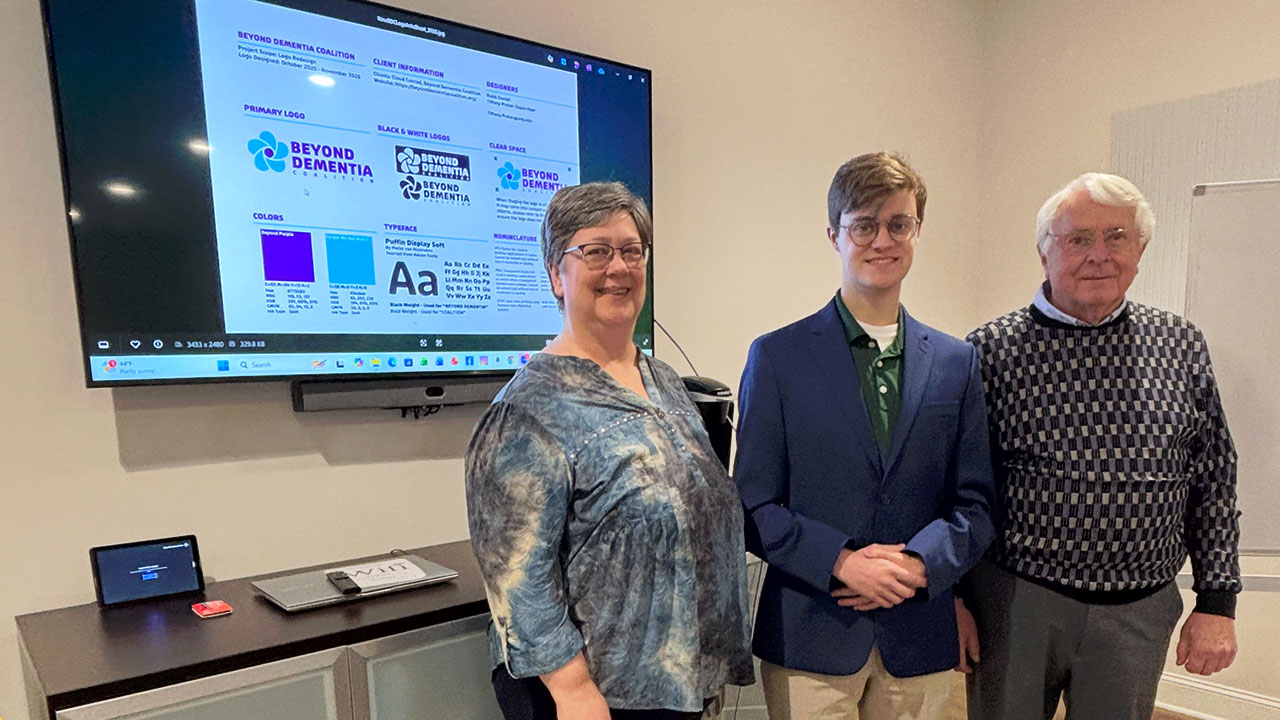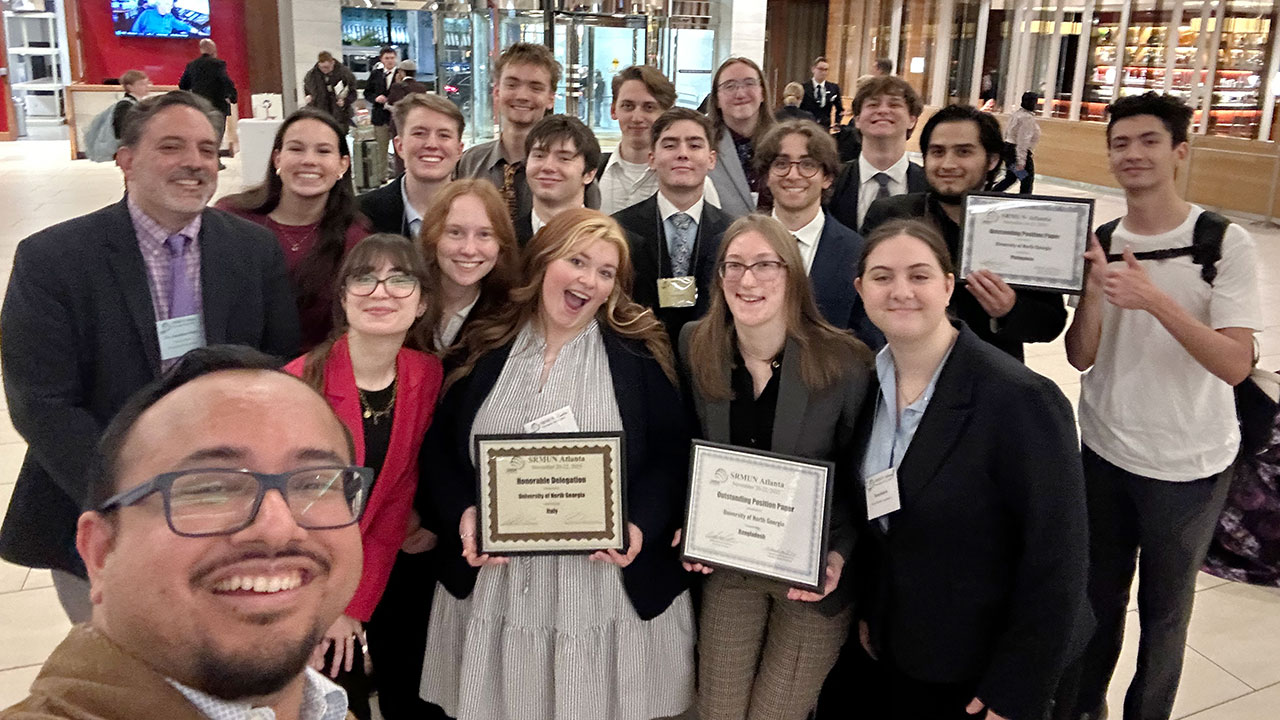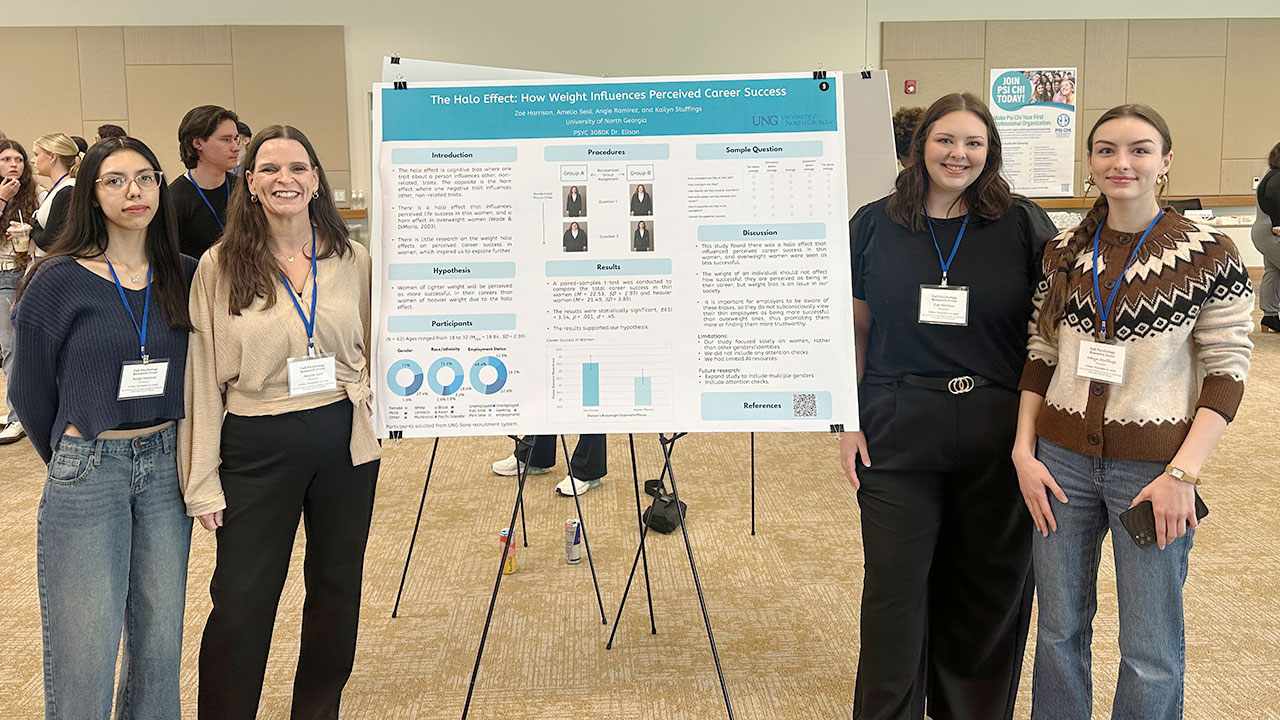East Asian Film Series serves as education tool

Several University of North Georgia (UNG) departments are coming together to screen three East Asian films this spring. Funded by a Presidential Innovation Incentive Award, this year's film series will center on the theme of "Love, Class and Family in East Asia" starting Feb. 9.
The films will all be moderated by specialists, taking place in the Hoag Auditorium at UNG's Dahlonega Campus. The East Asian Studies bachelor's degree program from which this series stems is multidisciplinary. Thus, students can expect to hear about history, politics, society, philosophy, arts, cinema, and languages from faculty like Dr. Robin O'Day, associate professor of anthropology.
"Our hope is that students have an opportunity to engage in global culture without leaving campus," O'Day said. "This way we can showcase something locally to have affordable engagement to students interested in things abroad. We want students to have an opportunity to see something they might not otherwise see."
The first film screening is "Parasite." Released in 2019, the Academy-Award-winning film will expose viewers to ideas of social class and family. The film will be screened at 4 p.m. Feb. 9.
Our hope is that students have an opportunity to engage in global culture without leaving campus
Dr. Robin O'Day
associate professor of anthropology
The second film, "Jiro Dreams of Sushi," will be screened at 4 p.m. on March 9. Released in 2011, the Japanese movie examines the life of a sushi master, Jiro, as he prepares himself for retirement and the transition of his son taking over his restaurant and continuing his legacy.
"Blue Gate Crossing" is the final film in the series. It will be shown at 4 p.m. on April 6.
The award-winning Taiwanese film released in 2002 is a unique look at nontraditional love and how East Asian culture responds to LGBTQ+ dynamics.
Dr. Candice Wilson, associate professor of film and digital media, has shared just how invaluable this experience can be for students showing particular interest in the importance of "Blue Gate Crossing."
"A lot of films are taught from a Eurocentric perspective, which students are typically drawn to due to familiarity. Giving them access to see other cultures, contexts and approaches to storytelling is a fantastic opportunity to not just have an awareness of the films, but be able to examine themselves and get to see themselves in the film experiences," Wilson said.
The screenings will be more than an engaging afternoon, as they introduce conversations in the classrooms that most faculty might not have the time for initially.
"I like the format of the film series. It takes pop culture and showcases it to students through a medium they wouldn't normally consume in my classroom," O'Day said. "I don't teach film, so I can't show the films during a class, but this series leads to conversations. It gives me the opportunity to reflect on my own teaching, as I'm constantly thinking about how I can select material that relates to students' lives."



